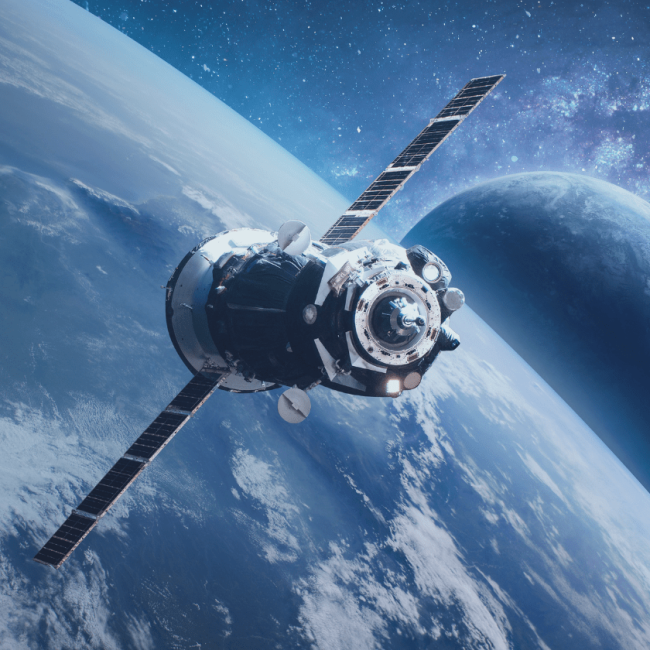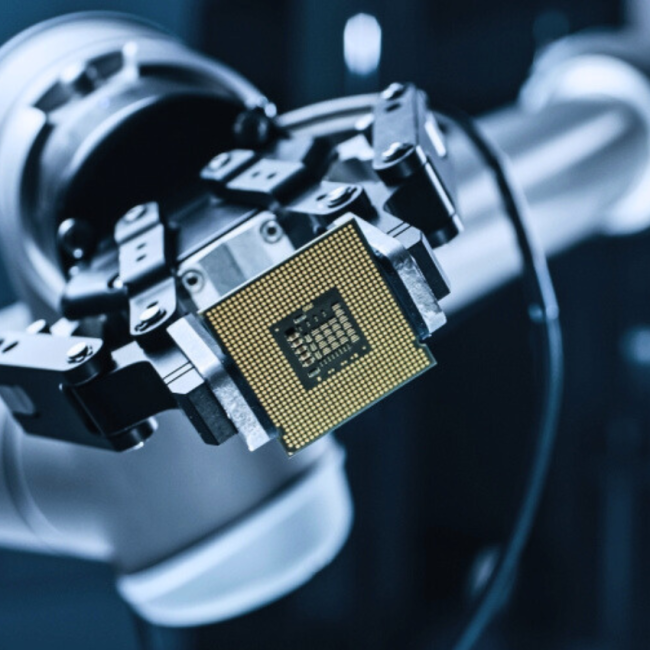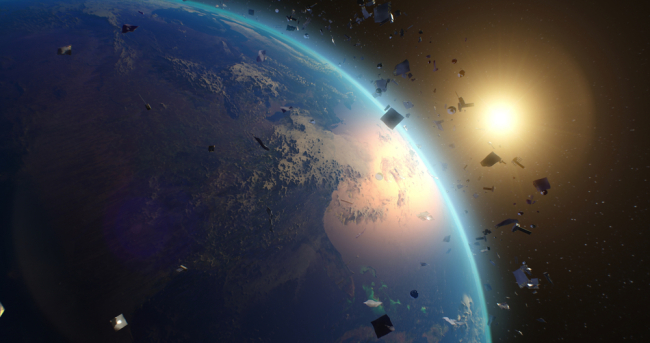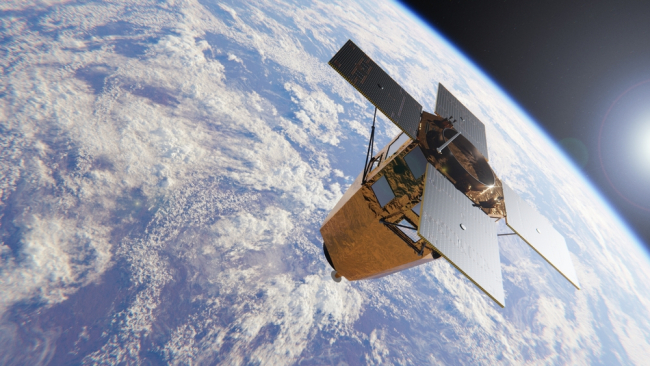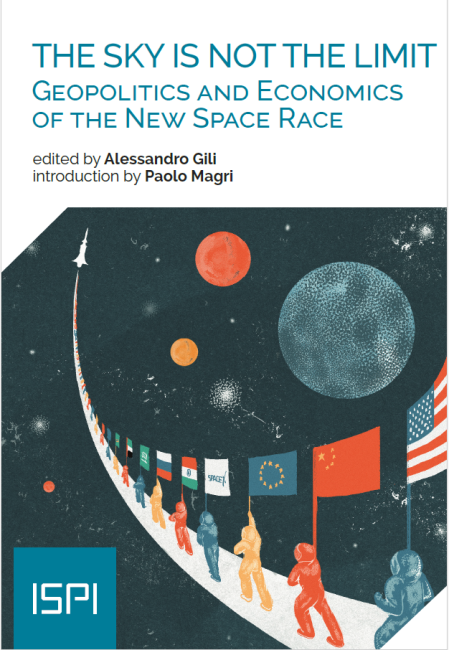NATO's New Ambitions for Space
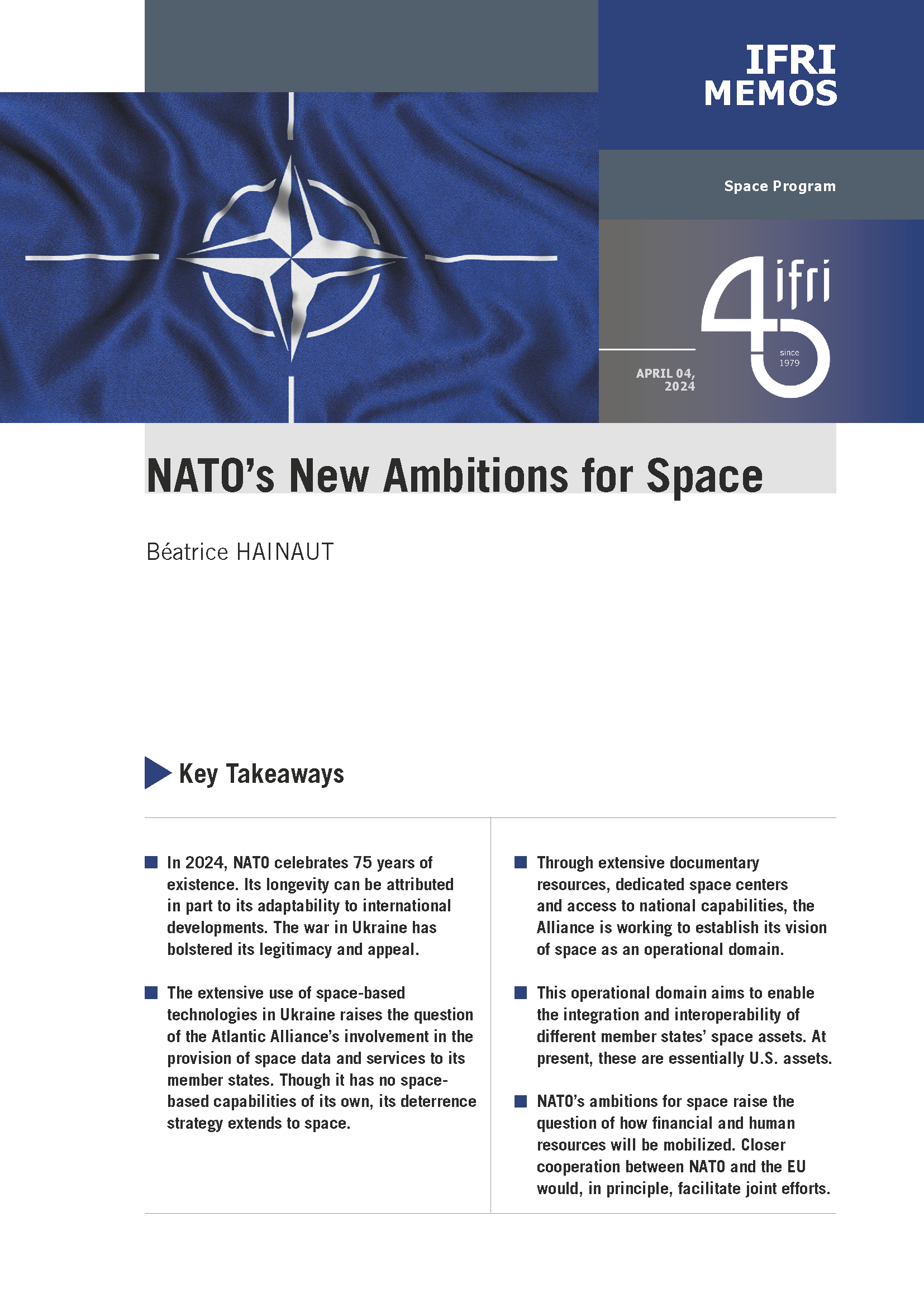
Ahead of Russia's invasion of Ukraine, a devastating cyber attack targets Ukrainian army communications, exposing Western dependence and vulnerability to space technologies, and calling NATO's defensive posture into question.
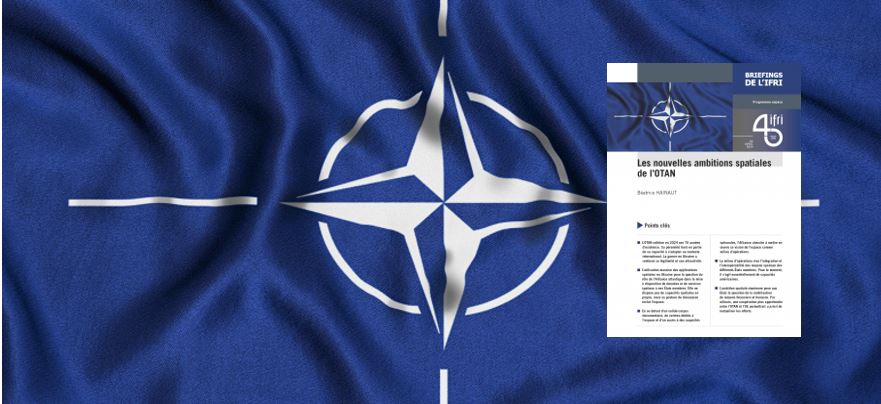
The longevity of the organization, which celebrates its 75th anniversary in 2024, is partly due to its ability to adapt to the international context. The war in Ukraine has undoubtedly strengthened its legitimacy and attractiveness.
The massive use of space applications in Ukraine raises the question of the role of the Atlantic Alliance in providing space data and services to its member states: it does not have its own space capabilities, but its deterrence posture includes space.
By equipping itself with a solid documentary corpus, space-focused centers, and access to national capabilities, the Alliance seeks to implement its vision of space as a theater of operations.
This theater of operations aims at the integration and interoperability of the space assets of the various member states. For now, these are primarily American capabilities.
NATO's space ambition then poses to the states the question of mobilizing financial and human resources. Moreover, deeper cooperation between NATO and the EU could presumably allow for the pooling of efforts.

Available in:
Regions and themes
ISBN / ISSN
Share
Download the full analysis
This page contains only a summary of our work. If you would like to have access to all the information from our research on the subject, you can download the full version in PDF format.
NATO's New Ambitions for Space
Related centers and programs
Discover our other research centers and programsFind out more
Discover all our analysesThe Sustainability of Space Operations: An Opportunity for European Leadership?
As space becomes a key arena for power projection strategies, while facing growth and diversification of orbital activities, the concept of “space sustainability” is emerging as a new framework of analysis for space governance.
The European Space Model: Renewing Ambition in a Changing Strategic Landscape
The European space model, based on science, cooperation and trade, is now being undermined by changes in international relations and the economic upheavals brought about by New Space. In light of the war in Ukraine and American disengagement, Europe needs to rethink its strategy by adding a fourth pillar dedicated to defense, in order to strengthen its sovereignty and deter possible aggression against the continent.
Sat-to-Cell: Towards Universal Connectivity?
Sat-to-Cell is a new type of service that connects smartphones directly to satellites. It has recently enabled innovative applications such as emergency text messaging via satellite. The technology is developing rapidly, and many questions are now being raised about its potential impact.
China in International Space Cooperation: Heading South
In only three decades, China has become one of the world’s top space powers. At the turn of the 2020s, almost suddenly, China became the main challenger to the US, although with a significant remaining gap to bridge.





